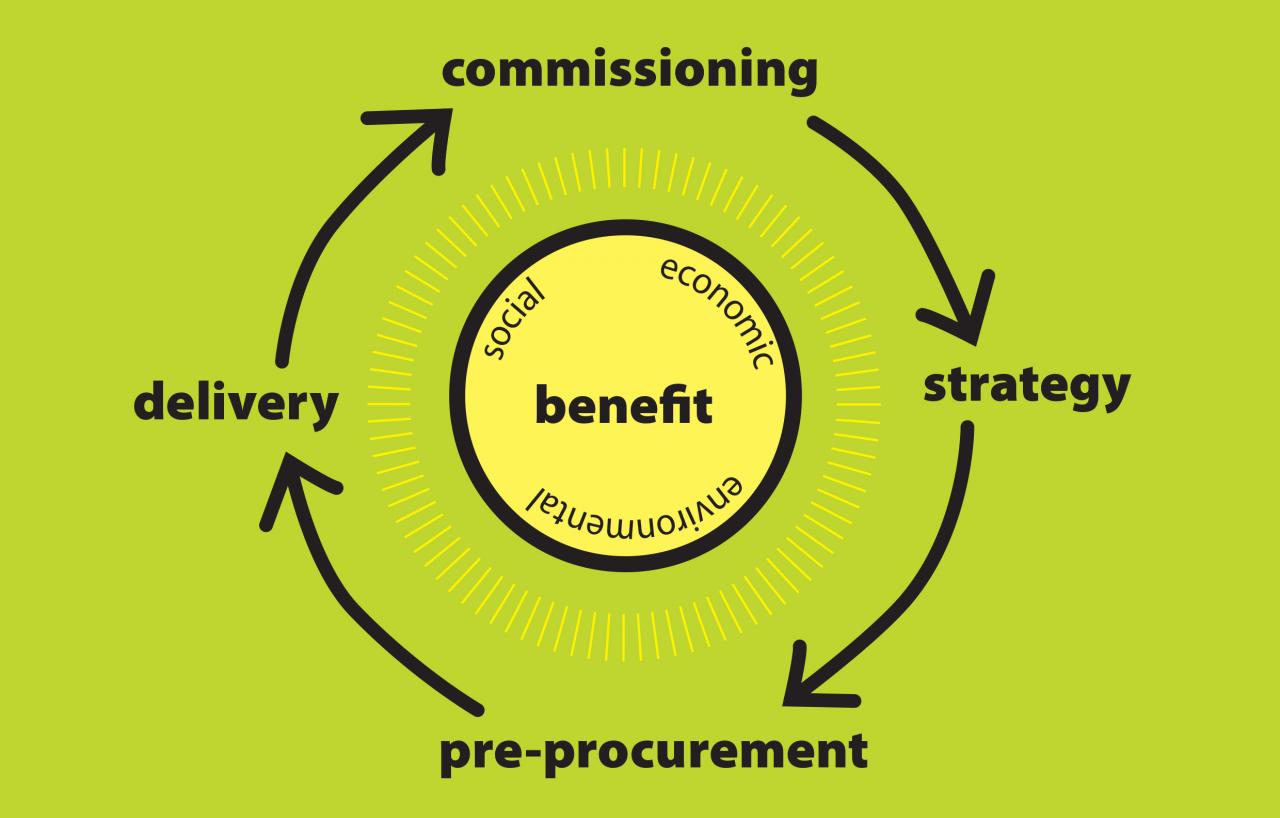
I have spent much of the last ten years undertaking work around public procurement and local economic development. The emphasis of that work has largely been around measuring the impact the significant amount spent procuring goods and services in the United Kingdom has in local economic, social and environmental terms; and also in shifting the behaviour of procurement teams in local municipalities so that they undertake procurement more progressively and innovatively.
In undertaking this work, I have often come up against a common barrier: ‘we cannot do that because of European Procurement regulations’. The ‘that’ is moving procurement from being purely a transactional process to one where a range of factors are considered around: the quality of the goods and services provided, social and environmental value, innovation, and where procurement addresses a range of issues including addressing unemployment and developing SMEs.
My response has always been to offer solutions and means of being progressive in procurement which fit within the remit of European Procurement Law, so for example: measuring and monitoring where spend goes and the impact it has, embedding corporate priorities into procurement documentation, and breaking below threshold opportunities down into lots to enable smaller organisations to bid.
Over the last ten years, the work has gained traction in the UK as local municipalities and other anchor institutions have sought to think differently about how they utilise procurement to achieve wider outcomes. The work has had significant impact in places like Manchester and Preston, where there has been a defined increase in spend in local economies and with SMEs, and real change in the way in which procurement is undertaken so that it is truly about a balance of cost, quality and social value considerations.
In April 2014, the barrier or perception around ‘not being able to do that because of European Procurement regulations’ was significantly eased. The new EU Procurement Directives whilst rightly focusing on ensuring competition, compliance, and assessment of risk in procurement; also had three new important themes. First, there is an emphasis on flexibility and reducing some of the bureaucracy and procedure associated with public procurement. Second, there is an emphasis upon opening access to procurement opportunities to SMEs. And, third the achievement of innovation and wider social and environmental goals is actively encouraged.
The new EU Procurement Directives are a huge opportunity for countries and cities to undertake procurement differently; and that is effectively what the Procure network will be undertaking over the next two years, working across 11 cities in nine European countries. We will be ensuring that: European and National Procurement Law is complementary; organisations measure spend and have progressive procurement strategies; social and environmental criteria are embedded in the procurement process; awareness of procurement opportunities is raised amongst SMEs; and the impact of procurement spend is measured.
The first meeting of the Procure network in Lublin on 28th and 29th June 2016 effectively set the frame and tone for this activity through discussions around the opportunities associated with the new EU Procurement Directives. Our job over the next two years is to realise those opportunities.
Matthew Jackson is the Lead Expert for the Procure network.
Matthew is the Deputy Chief Executive of the Centre for Local Economic Strategies (CLES)
